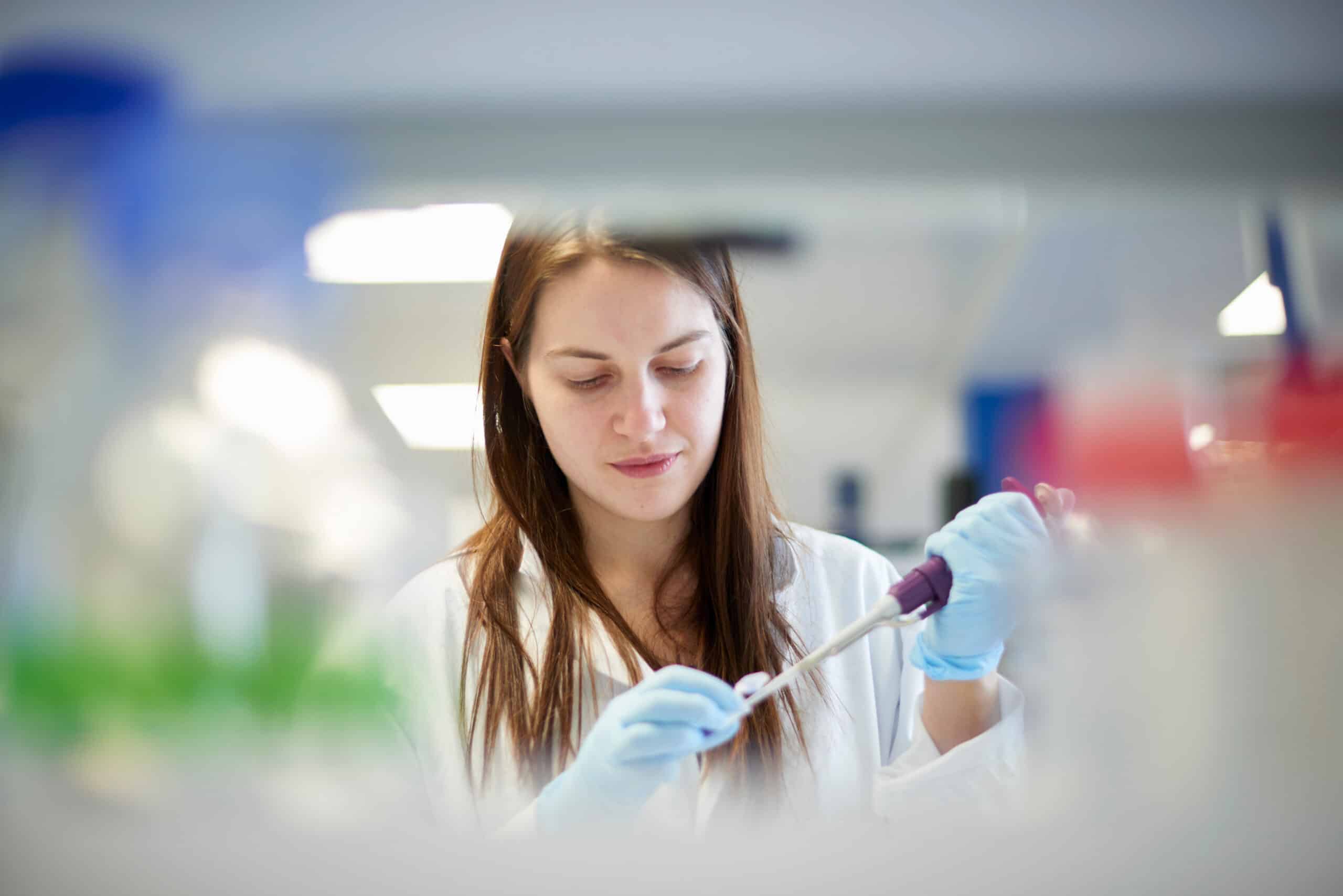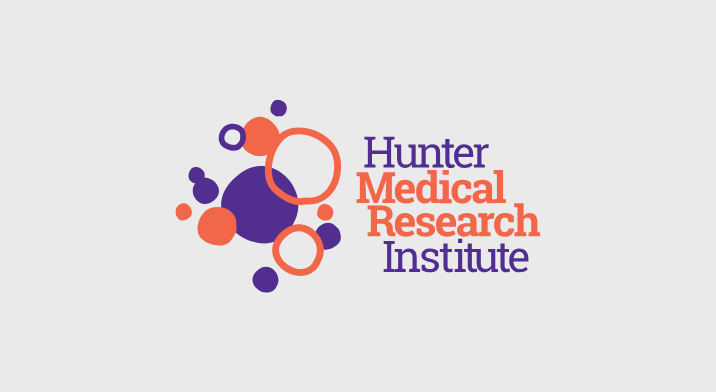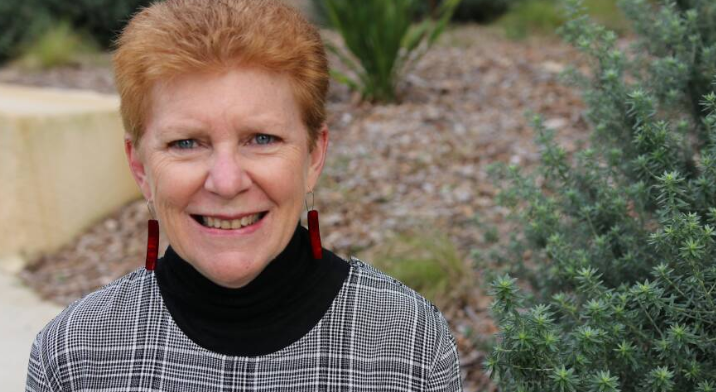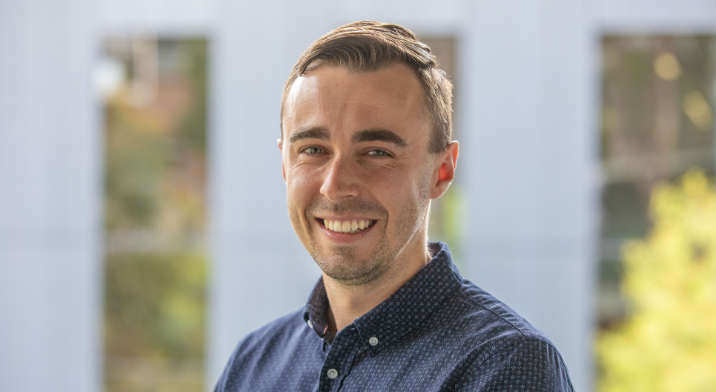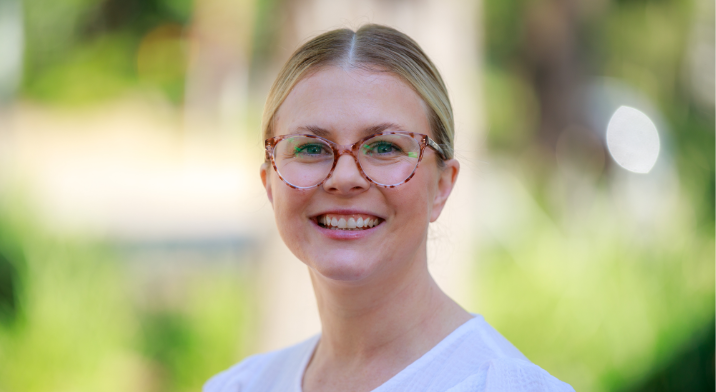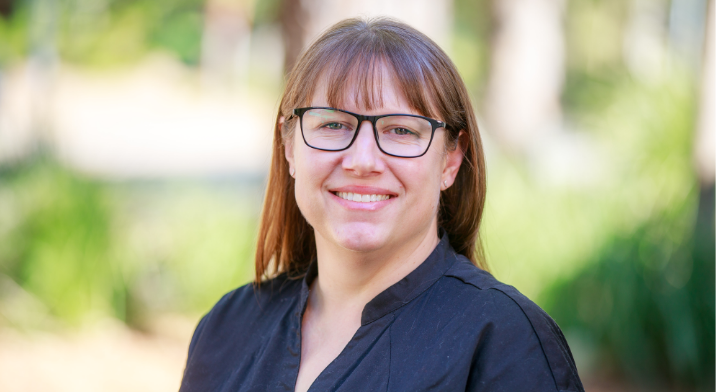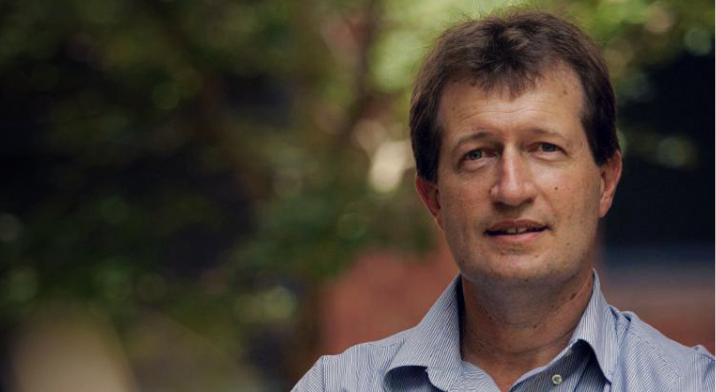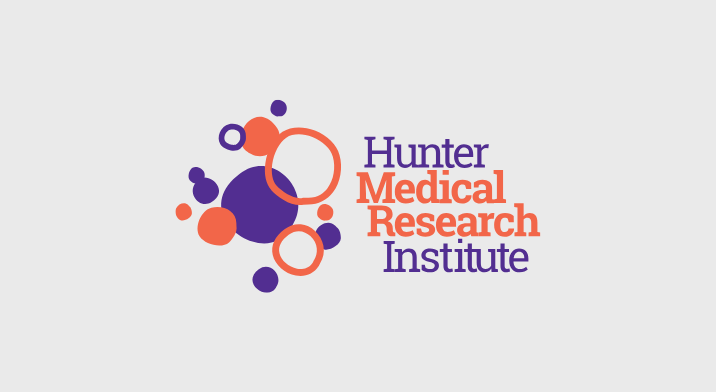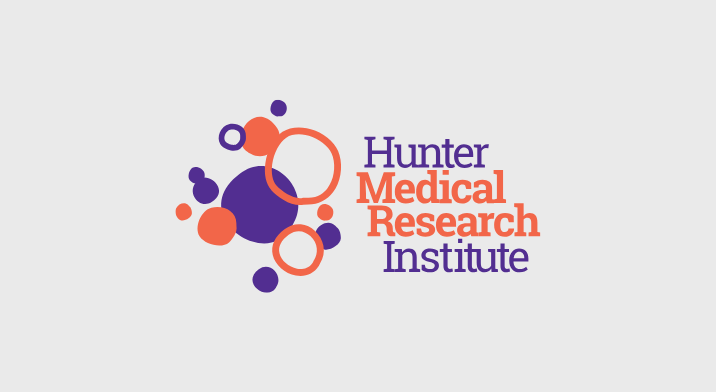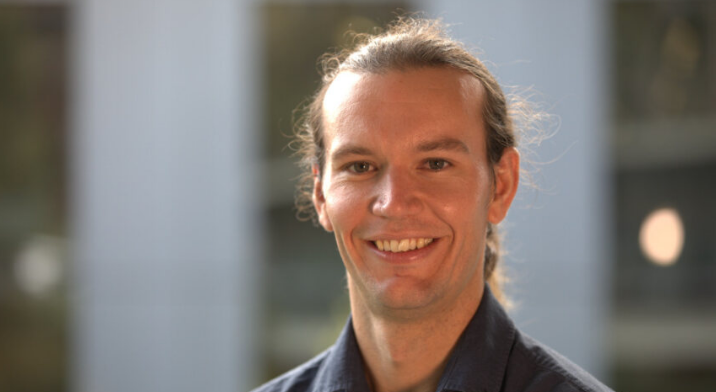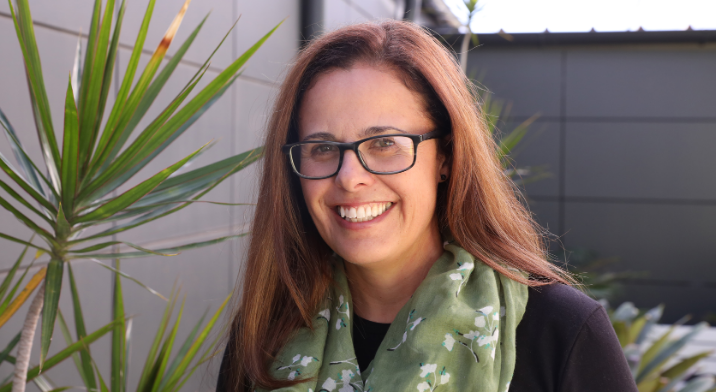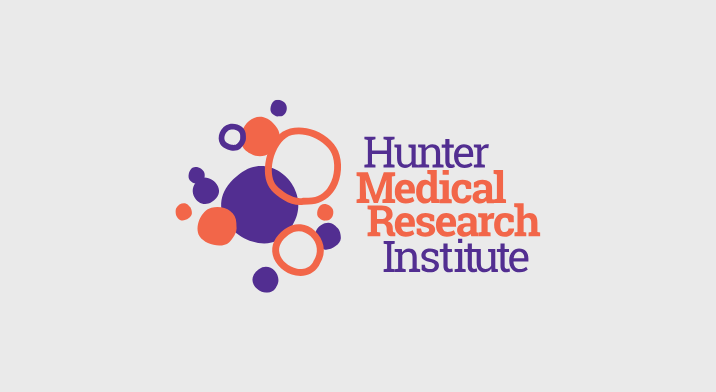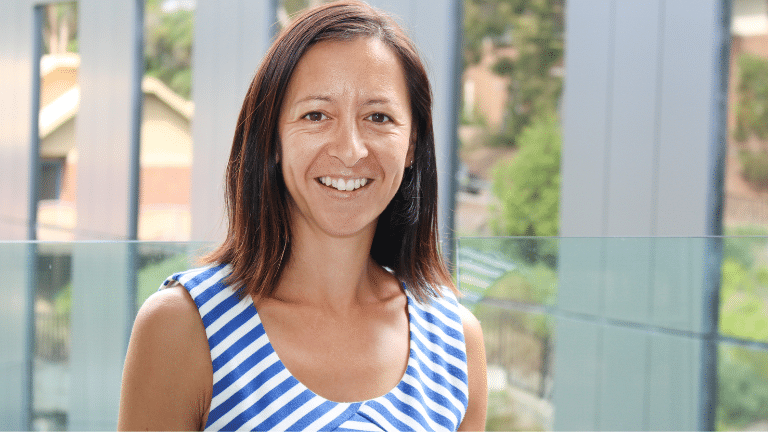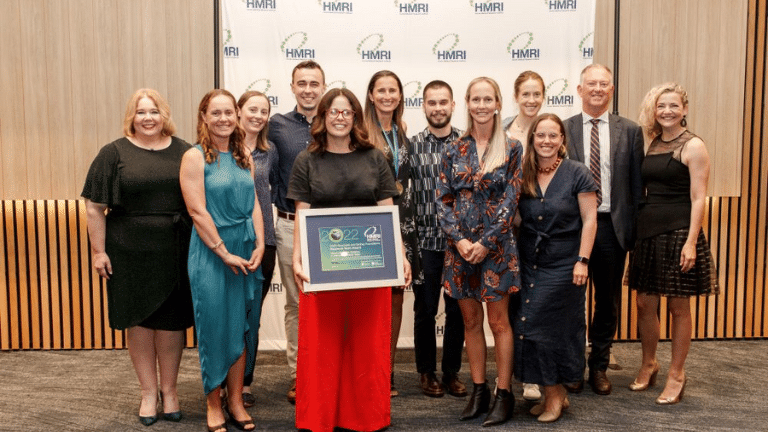The Population Health Research Program at the Hunter Medical Research Institute (HMRI) is dedicated to fostering healthy environments, communities, and individuals.
We strive to improve community health through targeted interventions that promote healthy behaviors and enable effective, integrated, and equitable healthcare for all.
Our researchers help protect and promote the health and wellbeing of people in the Hunter New England region, and translate our research and interventions into nationwide solutions.
Our research addresses a diverse range of health needs across all life stages. Our dedicated team collaborates across a wide range of health areas and topics including:
- physical activity
- nutrition and healthy eating
- smoking and lung health
- and mental health.
We use implementation science to support evidence translation to ensure patients have access to optimal care and can experience real health benefits.
Our Population Health researchers are helping to create and implement chronic disease prevention initiatives.

By operating in a range of environments and settings, our research meets the community at their level, helping them achieve better health.
The Hunter New England region is home to almost one million people, with diverse backgrounds and health needs.
By studying the health of communities and populations, we focus on the determinants, distribution, and management of health at the population level. Our research examines the complex interplay of social, environmental, and biological factors that affect community wellbeing.
Through international collaboration and partnerships with government and non-government agencies in health, welfare, and education, we are committed to improving the lives of children and adolescents.
We aim to translate our findings into early intervention and treatment strategies tailored to our diverse populations, particularly those facing social disparities in our region.
Through population-based cohort studies and health services interventions, our research is helping prevent a range of health conditions.
We’re translating our findings into early intervention and treatment strategies tailored to our diverse populations, particularly those facing social disparities in our region.
